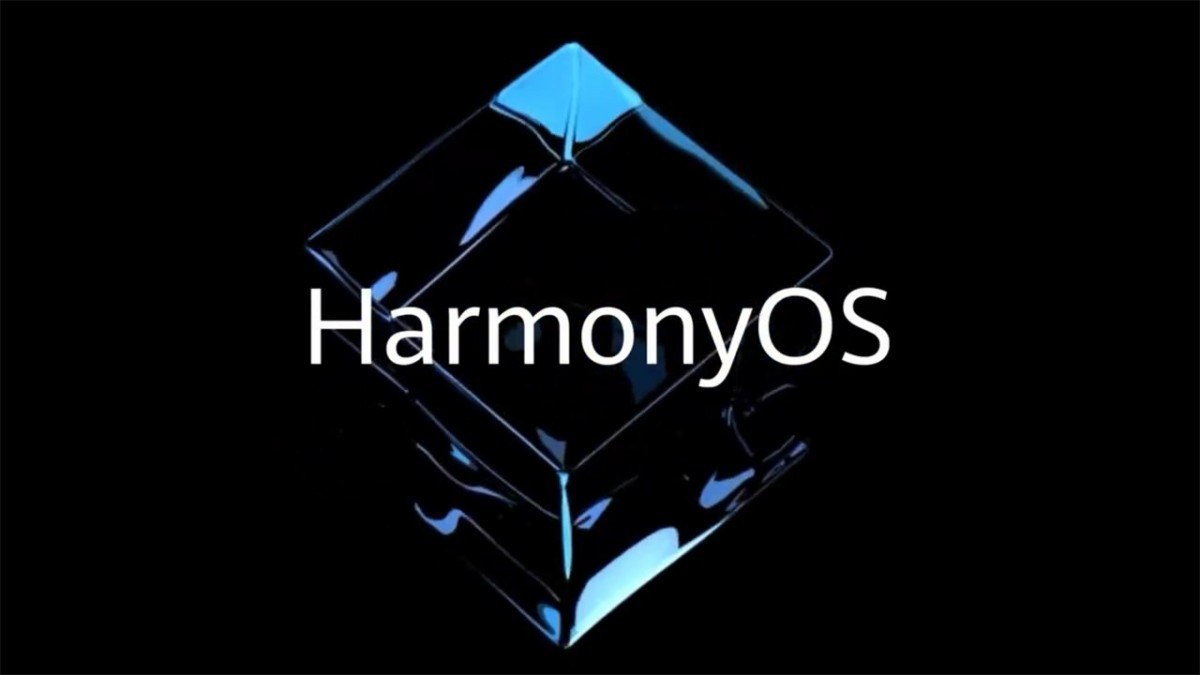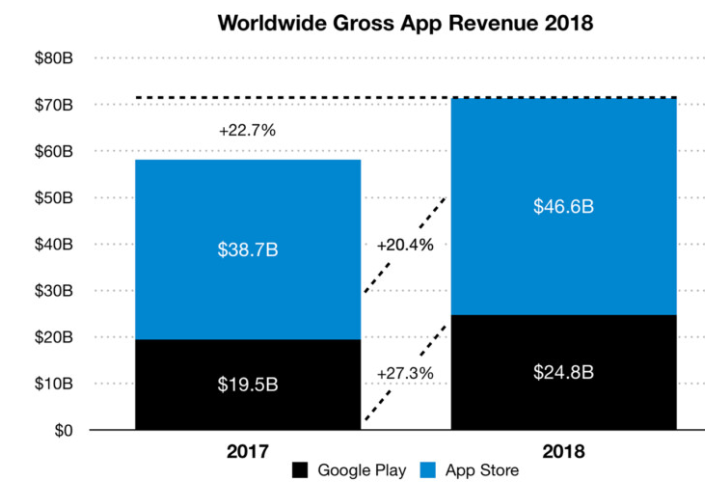
Date: 22 August, 2019 - Blog
The US embargo on Huawei is pushing the Chinese group to reduce its reliance on US products / systems
Huawei announced that it will implement on its smartphones its own open source operating system, HarmonyOS.
It’s an ambitious bet, but possible, while others had tried, before failing, like BlackBerry or Microsoft. HarmonyOS will compete directly with Google’s Android. Today, the Operating System market is a duopoly between iOS that equips iPhones of Apple and Android for all other smartphones, including Chinese. If Blackberry and Microsoft failed to win, it was because they were attacking a market “controlled” by iOS and Android. On the other hand, if Chinese smartphone manufacturers adopt HarmonyOS in a context of wide technology war between the United States and China, Huawei has every chance in a Chinese market that has 800 million users. In such a large market, Huawei will be able to quickly test and correct any system errors.
Chinese manufacturers account for 42% of the global smartphone market (ranking before US embargo on Huawei): Samsung 23%, Huawei 18%, Apple 14%, Oppo 10%, Xiaomi 10%, Vivo 9%, LG 3%, Motorola 3 %, other 10%. Android’s market share is 86%.
HarmonyOS is destinated for all supports, PCs, smartphones, tablets, TV, connected objects, and Huawei will invest $1 billion in applications, because without application, the OS (operating system) will not work. To encourage application developers for Harmony, Huawei wants to reduce its commissions by more than 50% compared to those of Google and Apple. To succeed, Huawei must seduce the developers. In the immediate future, Huawei is not thinking of replacing Android on smartphones, but HarmonyOS is a serious plan B in case of total war with the United States.
But Google has a lot to lose if the technological war gets tougher
Android is an open source, so Google does not make money on Android. The 2 main sources of revenue are: 1) avoid paying charges to put the Google search engine on another OS, search engine that generates significant advertising revenue and 2) Google Play Store (Music, Books, Games, Movies & TV) which takes a 15% commission on each sale; Google Play generated revenue of $ 25 billion in 2018 (+27% over 2017), accounting for 20% of the Alphabet Group’s total revenue. For comparison, Apple’s App Store had revenue of $46.6 billion in 2018.
- The implementation of HarmonyOS is a risk for Google

Source : SensorTower





